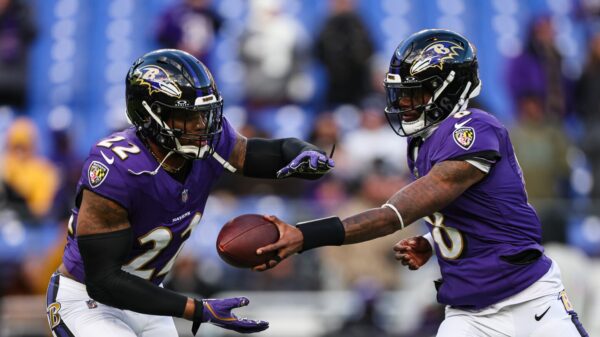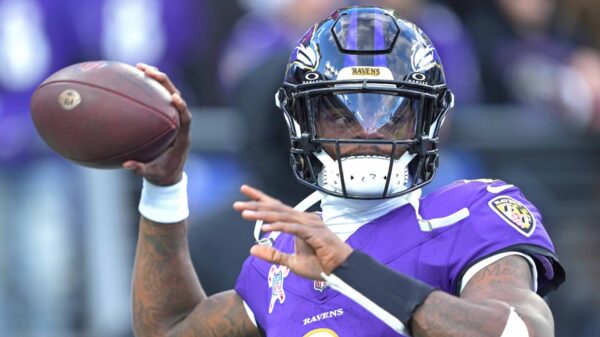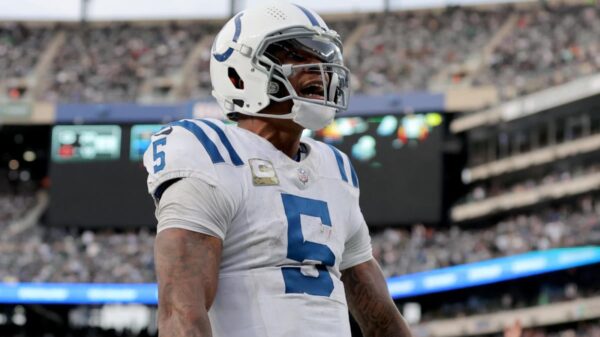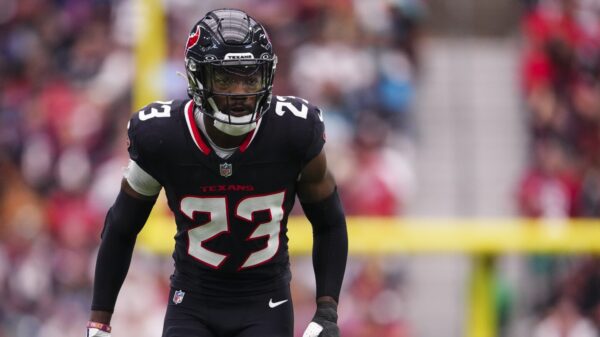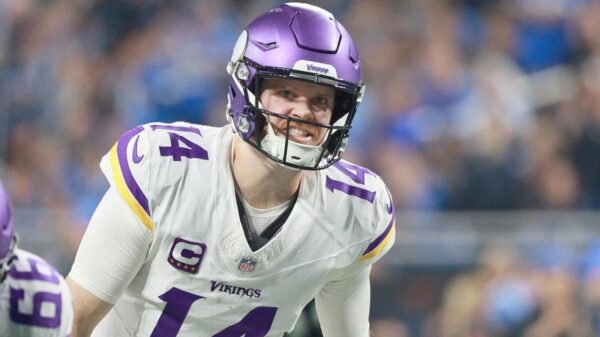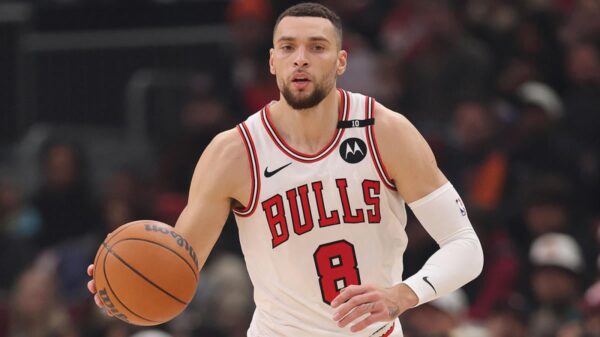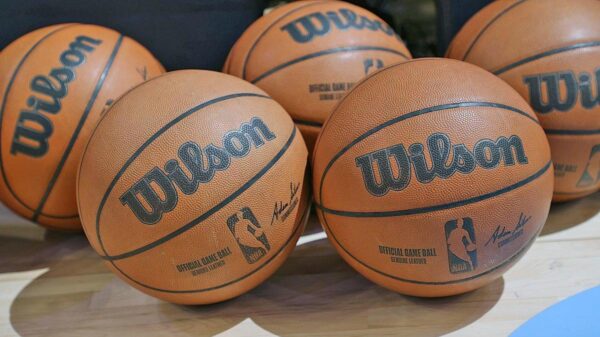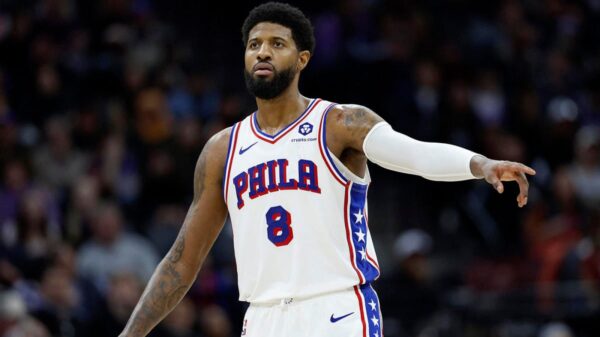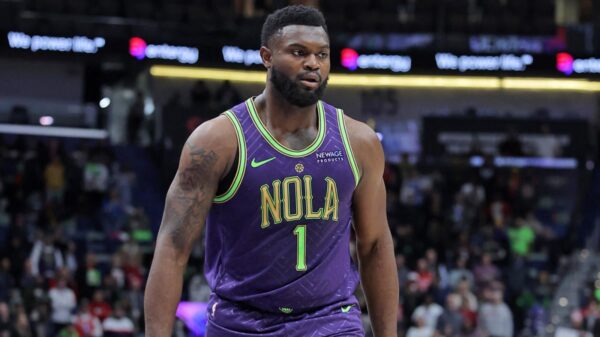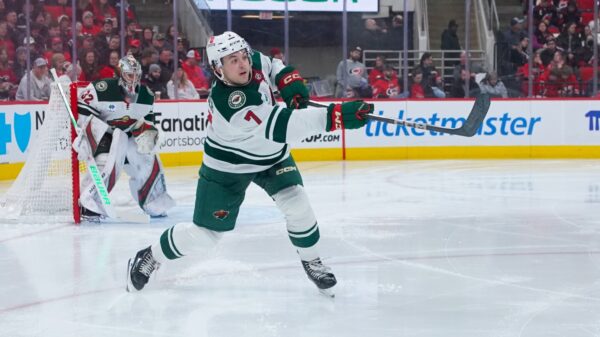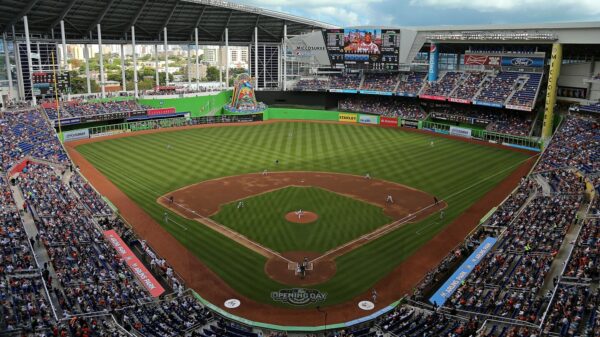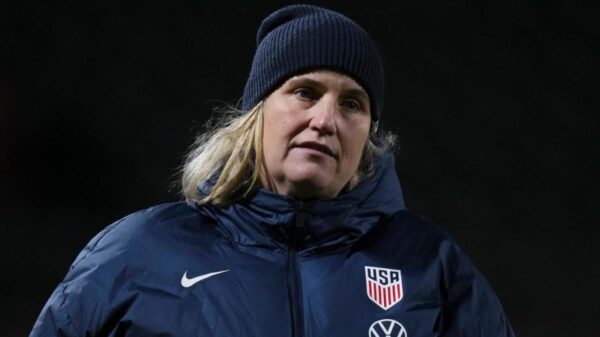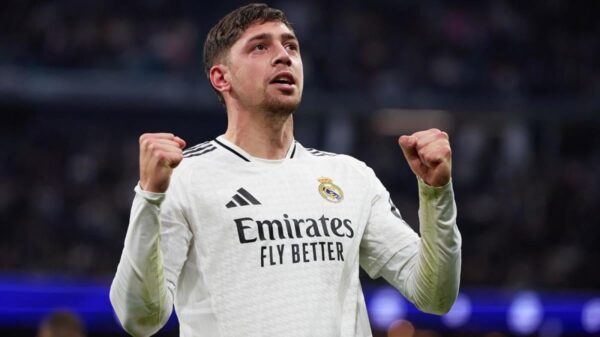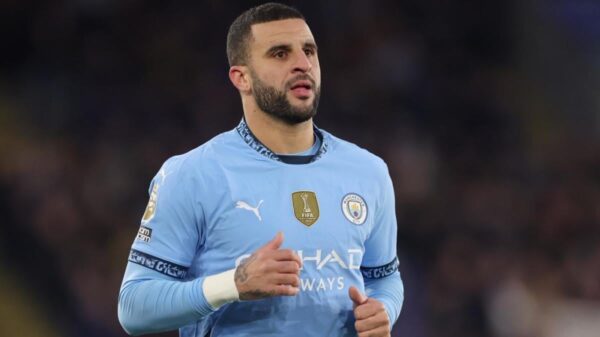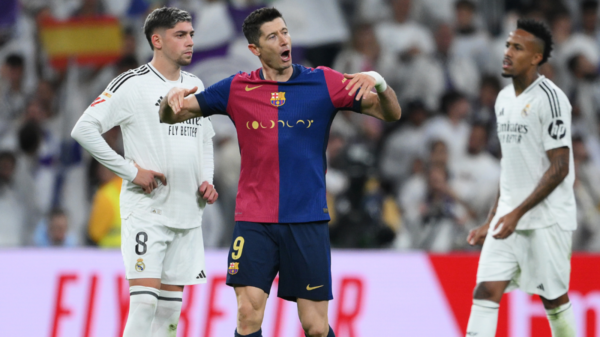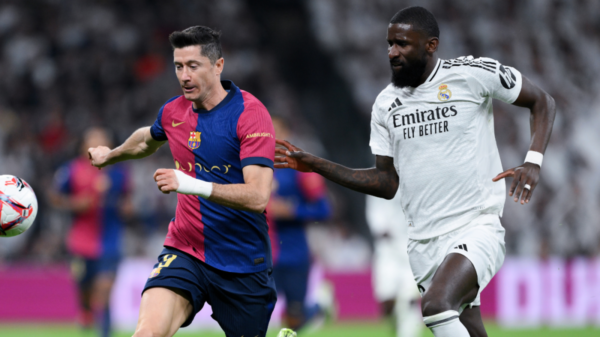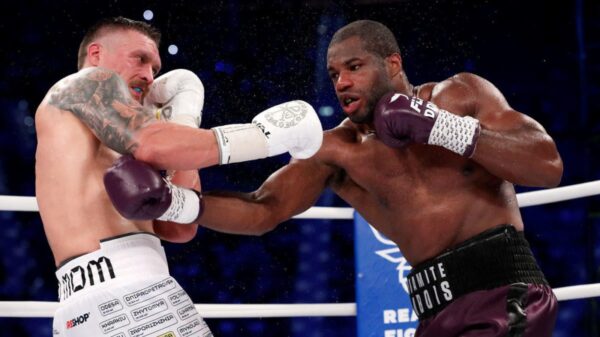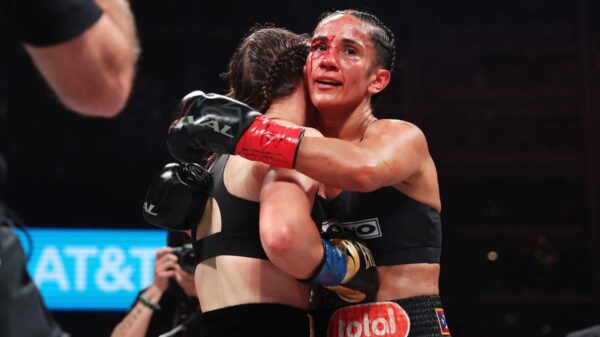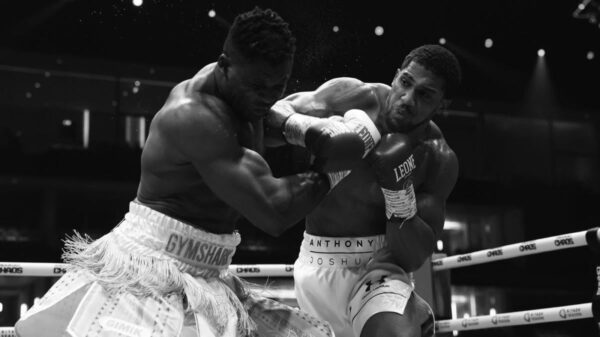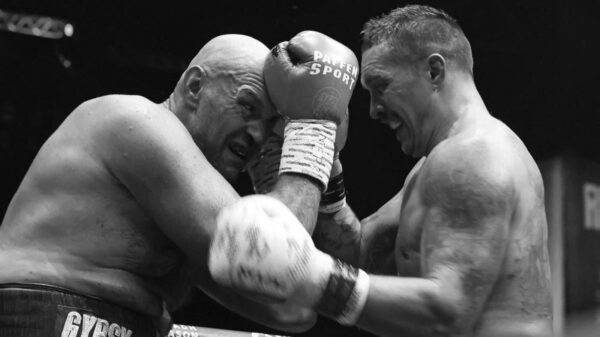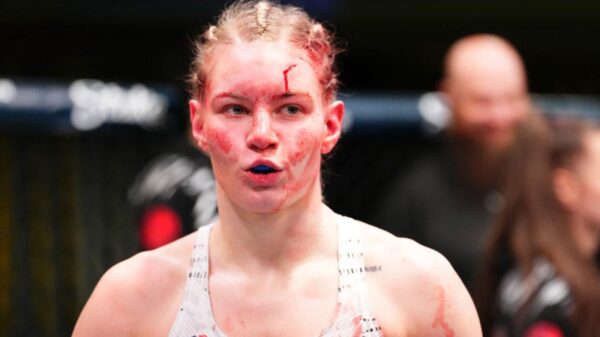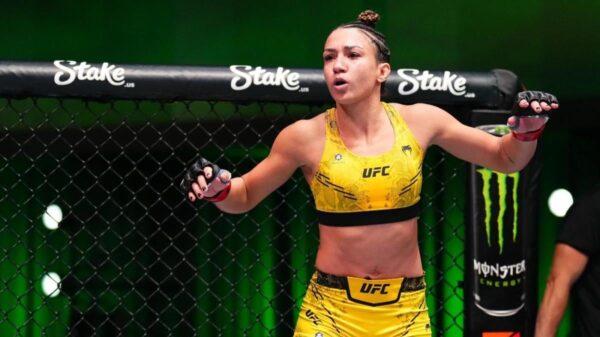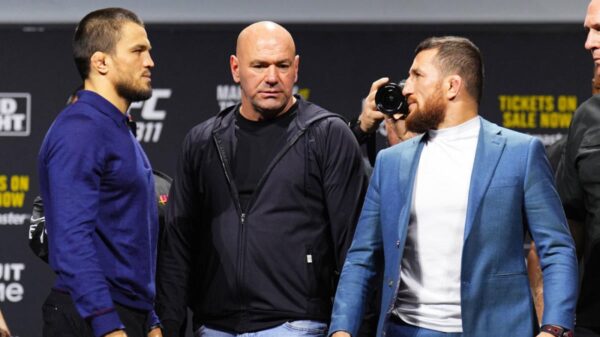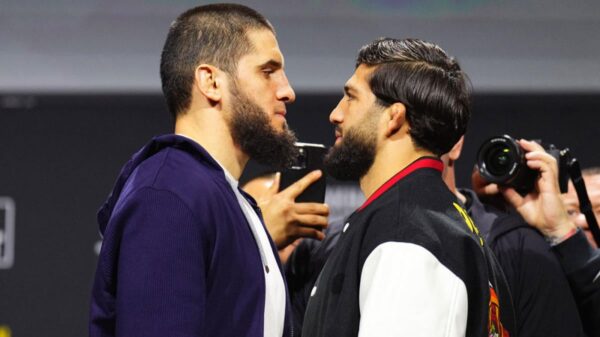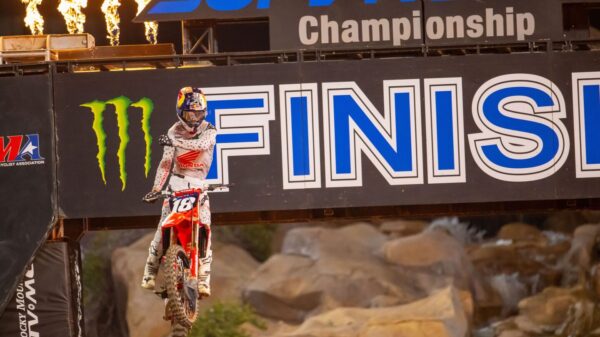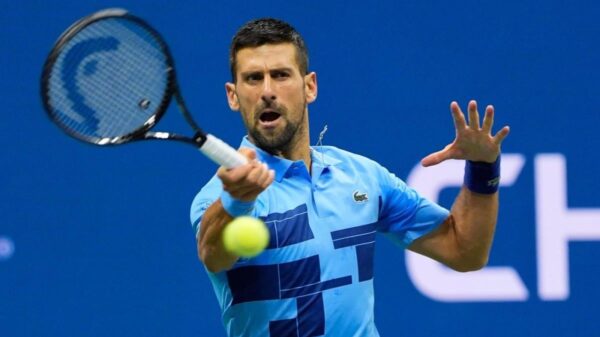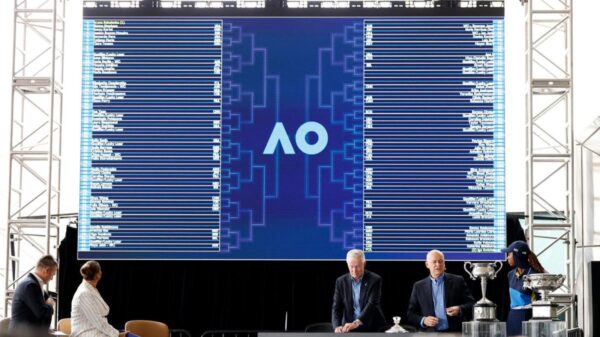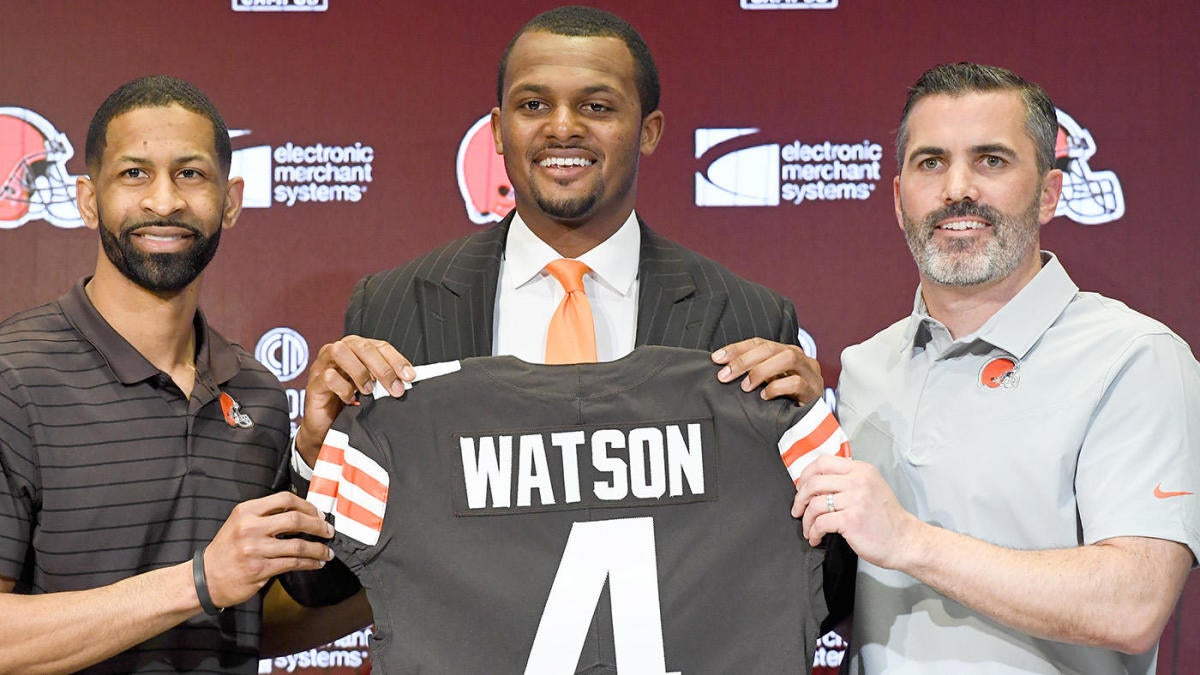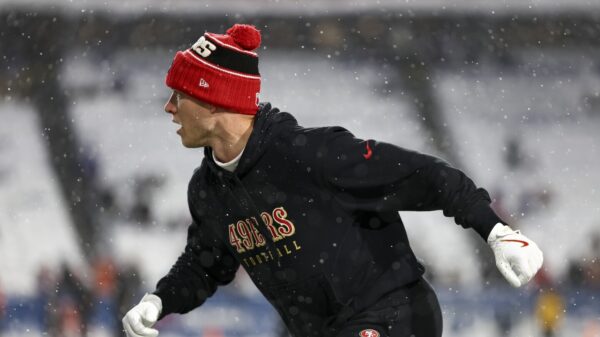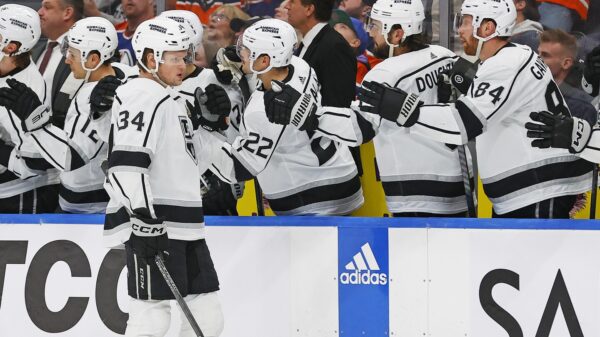It seems like with each passing season, there is always a player who becomes the newest highest-paid figure at his given position. Just look at the last calendar year — the title of “highest-paid quarterback in the NFL” changed hands several times, as did the wide receiver position. Looking ahead to future contact situations, the market for pass rushers is also slated to explode with Cowboys star Micah Parsons due for an extension, and wide receiver again is set to be in the spotlight with Ja’Marr Chase up for an extension in Cincinnati.
When teams hand out these massive extensions, the hope is that not only will the player they’ve decided to invest in maintain their level of play but possibly even increase their production. Sometimes, that proves to be the case, but there’s also the risk that it doesn’t. There are some instances that these deals blow up in franchises’ faces.
Below, we’re going to be diving a bit deeper into that latter point, highlighting the worst contracts given out in NFL history. Before we do that, however, here are a few honorable — dishonorable? — mentions.
Honorable mentions: J.C. Jackson’s five-year, $82.5 million deal with the Chargers (2022), Todd Gurley’s four-year, $60 million deal with the Rams (2018) and Ezekiel Elliott’s six-year, $90 million extension (2019)
In early June of 2019, Wentz inked a lucrative extension with the Philadelphia Eagles. The former No. 2 overall pick inked a four-year, $128 million extension with the franchise that included $107 million guaranteed.
That upcoming year, Wentz was able to lead the Eagles to a 9-7 record in the regular season and a postseason berth but exited the team’s eventual playoff loss to Seattle after just nine snaps due to injury. The 2020 season was where things truly fell apart for Wentz as he was 3-8-1 as a starter through 12 games with the Eagles and led the NFL with 15 interceptions. He was benched during a Week 13 game against the Packers and lost his starting job to Jalen Hurts, who was officially named the starter heading into Week 14.
Just two seasons after that extension, Wentz was traded to the Colts. The Eagles ended up getting a solid return for Wentz — a 2021 third-round pick and a 2022 first-round pick — but that doesn’t change the miscue on the contract.
After impressing in spot opportunities behind Aaron Rodgers in Green Bay, the Seattle Seahawks signed Matt Flynn to a three-year, $20.5 million deal in 2011.
He was projected to be the franchise’s starting quarterback, though lost the starting job over the summer to then-rookie Russell Wilson. In all, Flynn threw just nine passes for Seattle following that contract. After the 2012 season, he was traded to the Raiders.
8. Nnamdi Asomugha, Philadelphia Eagles
Asomugha entered the league in 2003 as a first-round corner out of Cal and blossomed into a star in the Oakland Raiders secondary. He was an All-Pro four times during his tenure with the Raiders, including a run from 2008-2010 where he was a first-team All-Pro player twice, named to the second team once and was a Pro Bowler in each of those campaigns. Naturally, he became a prize during the 2011 offseason and signed a five-year, $60 million deal with the Philadelphia Eagles.
Upon his arrival to Philly, Asomugha never was able to reach the heights he did in Oakland. He played the next two seasons with the Eagles and was released after the 2012 campaign after the team wanted him to restructure his contract. Following a brief stint with the 49ers, Asomugha announced his retirement in December of 2013.
After a productive career with the Detroit Lions, Kenny Golladay signed a four-year, $72 million deal with the New York Giants in 2021. Needless to say, Golladay didn’t see the end of that contract. In his first season with the club, he caught just 37 of his 76 targets (48.7%) for 521 yards in 14 games played. That was as productive as Golladay would be with New York, as he caught six passes for 81 yards and a touchdown in 2022 in 12 games played (four starts).
That upcoming offseason, the Giants released Golladay. In the end, the team handed him a $72 million contract, and got 53 catches for 855 yards and a touchdown in return. Sheesh.
After helping lead the Philadelphia Eagles to a Super Bowl LII title a couple of years prior, Nick Foles entered free agency in 2019 and signed a four-year, $88 million contract with the Jacksonville Jaguars. The deal included $50.1 million guaranteed and could pay Foles up to $102 million via incentives.
Naturally, Foles entered the year as the Jaguars starting quarterback but suffered a shoulder injury that landed him on injured reserve. Once Foles returned in Week 11, he was named the starter over Gardner Minshew. While he did reclaim his starting job, it wasn’t for long. Jacksonville lost three straight under Foles, which led to then-head coach Doug Marrone naming Minshew the starter going forward.
That offseason, Foles was traded to the Chicago Bears for a compensatory fourth-round pick. His tenure with the Jaguars ended with a 0-4 record as a starter, 736 yards passing, three passing touchdowns and two interceptions.
Le’Veon Bell was one of the most productive backs in the NFL during his days with the Pittsburgh Steelers but found himself embroiled in a contract dispute with the organization that saw him sit out the entire 2018 season. Once he was able to hit free agency, Bell signed a four-year, $52.5 million contract with the New York Jets. The deal included $35 million guaranteed and made him the second-highest paid running back in the NFL at the time.
In his first season with the Jets, Bell did total 1,250 yards from scrimmage but wasn’t efficient. His 4 yards per touch were the lowest of his career at that point, as was his 3.2 yards-per-carry average. A hamstring injury caused him to miss the first month of the 2020 season, and once he returned from IR in early October, his relationship with the organization blew up.
Bell liked a post on social media criticizing his usage in the offense, which helped fracture the relationship between him and head coach Adam Gase. Just three days after activating him off injured reserve, the Jets released Bell after failing to find a trade partner. In all, Bell played 17 games for the franchise.
One of the biggest blockbuster trades of this decade came in 2022 when the Seattle Seahawks elected to trade quarterback Russell Wilson to the Denver Broncos. Seattle sent Wilson and a fourth-round pick to the Broncos in exchange for two first-round picks, two second-round picks and a fifth-rounder, along with quarterback Drew Lock and tight end Noah Fant.
It was a massive haul to land the former Super Bowl champion, but Denver doubled down by handing Wilson a five-year, $245 million contract before he even took a meaningful snap for the franchise. That proved to be a very costly mistake.
Wilson’s tenure in Denver was essentially an immediate disaster as the club went 4-11 in his 15 starts during his first season in 2022. The Broncos had the worst offense in the NFL that year, and that culminated in the firing of head coach Nathaniel Hackett. With Sean Payton then installed as head coach, Wilson continued to struggle, although not statistically as bad as 2022. The team was 7-8 with him as the starter in 2023 before the team benched him late in the year to avoid paying him even more money if he were to suffer an injury.
Wilson was released this past March, finishing with an 11-19 record as the Broncos starter. He has since led the Steelers to a wild-card berth in his first season in Pittsburgh.
Rison, a former first-round pick out of Michigan State in 1989, was an All-Pro receiver throughout the first chunk of his career, primarily with the Atlanta Falcons. He tallied four 1,000-yard seasons from 1990-1994 and was a Pro Bowler in each of those seasons as well.
All that led to him being a sought-after figure on the free agent market in 1995, and the Cleveland Browns gave him an unprecedented contract. He agreed to a five-year, $17 million contract, which, at the time, made him the highest-paid wide receiver of all time.
Rison didn’t last long in Cleveland, posting 701 yards receiving and three touchdowns on 47 receptions in 1995. That would prove to be his lone season with the organization, and Rison’s relationship with the fanbase devolved throughout that year. After a November loss to the Green Bay Packers, Rison blasted the fans for booing him throughout the game and said he was looking forward to the team’s upcoming relocation to Baltimore.
“Frankly, I’m ready to get the hell out of here,” he said at the time, via the Cleveland Plain Dealer. Because I don’t deserve it, nor do the other players. We didn’t make the [expletive] move; so for all the booers, [expletive] you too. I’ll be glad when we get to Baltimore, if that’s the case. We don’t have any home-field advantage. I’ve never been booed at home. Baltimore’s our home. Baltimore, here we come.”
Rison was released after the season.
2. Albert Haynesworth, Washington
Albert Haynesworth has long been looked at as being the worst free agent signing in NFL history, but his deal falls at No. 2 on this list. Even with that, his seven-year, $100 million deal with Washington in 2009 was abysmal. Out of the gate, there were issues as Hanyesworth called out the coaching staff, questioning their scheme. In 12 games in 2009, he totaled 37 tackles and four sacks.
After his first season with the organization, he did not participate in offseason workouts and failed his fitness test upon returning to the team. He proceeded to play in just eight games for Washington in 2010 and was a headache for the franchise throughout the year. After being absent from practice, head coach Mike Shanahan suspended him for conduct detrimental to the team, and was sidelined for the final month of the year.
Haynesworth was then traded to the New England Patriots in the summer of 2011 but ultimately had a short stint there before signing with the Tampa Bay Buccaneers. He played out the 2011 season, was released by Tampa Bay, and did not play in the league again.
We’re ready to call it. Even with two more seasons left on the deal, Deshaun Watson’s current contract with the Cleveland Browns is the worst deal in the history of the NFL. Similar to the Russell Wilson situation, Watson’s deal is compounded by the fact that the Browns gave up tremendous assets in order to acquire the former Houston Texans quarterback.
In 2022, Cleveland traded first-round picks in 2022, 2023, and 2024 in exchange for Watson, along with a third-rounder in 2023 and fourth-round picks in 2022 and 2024. On top of the trade, the Browns signed Watson to a five-year, fully guaranteed $230 million contract. That was the largest contract and most guaranteed money given out in NFL history.
So far, the Browns haven’t come close to seeing returns on this investment.
During his first year with the team in 2022, Watson was suspended for the first 11 games stemming from sexual harassment allegations during his time with the Texans. Upon his return to action that year, he was a shell of his former self, finishing with a 79.1 passer rating and a 58.2 completion percentage in those six starts. In 2023, Watson suffered a shoulder injury that ended his season after Week 11. Even with the team owning a 5-1 record in his starts that year, he wasn’t the cause of the success and struggled to lift the offense.
Fast forward to the 2024 season, the Browns finished with a 3-14 record and Watson wasn’t even able to finish out the year, again battling injuries. This time, he suffered a season-ending Achilles tear in Week 7 against Cincinnati that erased the majority of his year. Furthermore, Watson suffered a setback and re-ruptured his right Achilles, which required him to undergo surgery in early January. This now puts his status for the 2025 season in serious doubt.
Even when healthy, there have been little to no indications that Watson will be able to turn things around, and his contract only balloons from here on. In 2025, he has a base salary of $46 million, a cap charge of $72.9 million and a dead cap hit of $172.2 million. In the final year of his deal in 2026, Watson’s base salary and cap charge are the same as in 2025, while his dead cap charge is $99.8 million. Essentially, there’s little room for Cleveland to get out of the deal anytime soon, given its fully guaranteed nature.
Read the full article here

